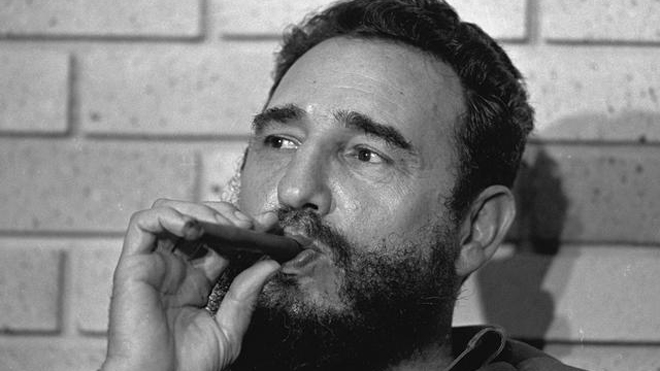
By Rene Gonzalez and Ricardo Calvo Aguila
Yesterday marked the fourth anniversary of the passing of the Commander-in-Chief of the Cuban Revolution, Fidel Castro.
Here is Part II of a tribute to Castro’s internationalism and solidarity with Caribbean countries.
The strategic help that the Soviet Union provided to Cuba after the breakdown of relations between the United States and the island and its attempts to overthrow the Revolution was decisive for Cuba’s survival.
In all respects, the friendly Soviet Union had contributed to the consolidation of the revolutionary project. Armed with Soviet weapons, Cubans – led by Fidel – defeated the US mercenary invasion at Playa Girón, faced the October Crisis, and accomplished glorious internationalist missions in Angola and Ethiopia.

The year 1966 was crucial in defining the international project of the Revolution. Attacked, isolated from the international scene by the United States government’s pressure, Cuba became the world capital of the national liberation movements and the fight against imperialism and colonialism in all corners of the globe.
The resistance of the Vietnamese people was a source of revolutionary inspiration. Solidarity was the passionate premise of the Cuban people. That year, in fact, was officially named the ‘Year of Solidarity’.
On January 15, 1966, the First Solidarity Conference of the peoples of Asia, Africa and Latin America (Tricontinental Conference) was held in Havana. A year later, in August 1967, the First Conference of the Latin American Solidarity Organization (LASO) was held. That same year, Commander Ernesto ‘Che’ Guevara was killed in Bolivia, as the leader of his internationalist army. On October 18, at the solemn evening of his memory in Havana’s Revolution Square, Fidel expressed: “… No man like him in these times has taken the proletarian internationalist spirit to its highest level! …”
HELPING OTHER COUNTRIES A PRIORITY FOR CASTRO
Making internationalism a pillar of the political and civic culture of Cubans, Fidel prioritised helping other countries of the world, not only via armed means, but also in case of disaster situations such as the earthquakes in Chile and Peru.
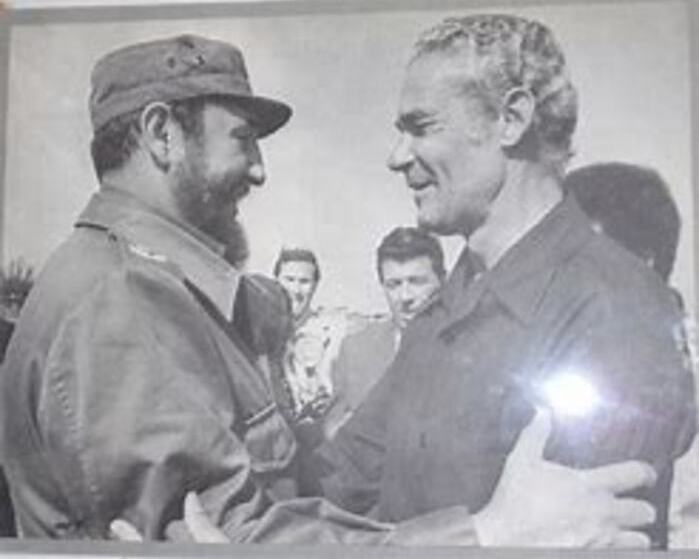
On December 8, 1972, four Caribbean countries that had recently gained their independence – Jamaica, Barbados, Guyana, and Trinidad and Tobago – established diplomatic relations with Cuba. It was a brave, supportive and dignified gesture that broke the isolation to which the United States wanted to condemn Cuba after the triumph of the Revolution.
Since then, Cuba’s relations with its Caribbean neighbours have strengthened. Today Cuba has diplomatic missions in the 14 member states of the Caribbean Community (CARICOM) and, in turn, they are equally represented in Havana. Despite great challenges, pressures and threats from the enemies of the Cuban Revolution, the Caribbean countries have remained firm in their support for the Cuban people’s struggle for the lifting of the blockade imposed by the United States.
After establishing diplomatic relations, Jamaica and Cuba began a beautiful tradition of cooperation that continues to this day. Many Jamaicans proudly speak about having taken studies at the Jose Marti Technical High School, the Garvey-Maceo High School, the G.C. Foster College of Physical Education and Sport or the Fidel Castro Campus of Anchovy High School – educational facilities donated by the people and government of Cuba to the people and government of Jamaica.
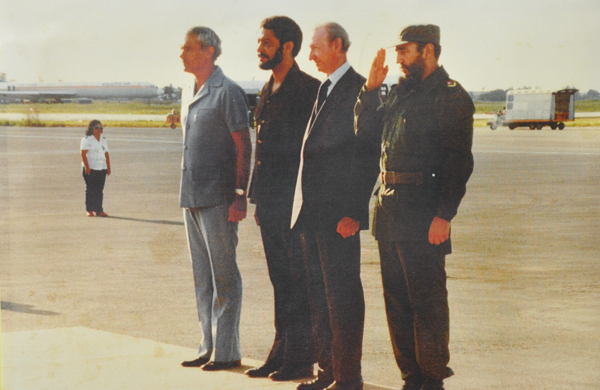
Almost a thousand Jamaicans have graduated from higher education in Cuba in various specialties. It is estimated that more than half the Jamaican population has at some time been attended to by a Cuban doctor and right now – perhaps while you are reading this article – some 100 Cuban teachers, members of the Cuban Education Brigade in Jamaica, are teaching lessons in the most remote places of the Jamaica. More than 400 professionals from the Cuban Medical Mission in Jamaica, fight COVID-19 in Jamaica’s public hospitals, side by side with local colleagues.
Although Fidel is no longer physically among us, his legacy and presence are felt in all these events.
In June 1975, in a mass ceremony held in Santiago de Cuba in memory of the then Prime Minister of the Kingdom of Sweden, Oloff Palme, Fidel said: “… Internationalism is one of our most sacred flags, and we develop our internationalist awareness by practising internationalism. And also, by modestly honouring, to the best of our ability, the commitment of cooperating with and fighting for other peoples… . This internationalist spirit is the essence of our revolutionary ideals… .”
CASTRO LED ALTRUISTIC, HUMANISTIC CUBAN EFFORT
That same year, Operation ‘Carlota’ began – last November 5, precisely, was its 45th anniversary. Once again, the Cuban people, under the leadership of Fidel, wrote one of the most beautiful pages of altruism and humanism in history. Hundreds of thousands of Cubans, civilians and soldiers, helped the Angolan people to consolidate their independence and build a dignified and sovereign homeland. This action contributed to the Independence of Namibia and the collapse of the shameful apartheid regime in South Africa.
In an interview with the Granma newspaper in June 2015, the Italian historian Piero Gleijeses said: “… There is no other example in the modern era in which a small and underdeveloped country from a distant region has changed the course of history. The internationalism of Cubans is a fully valid political and moral lesson… ”
Cuba’s militant internationalism had reached or would also reach Algeria, Syria, Vietnam, Ethiopia, Nicaragua among other nations.

Between 1989 and 1991 the socialist block collapsed. Cuba lost 85 per cent of its foreign trade. The ‘special period’ began. Not even under these conditions did the Revolution led by Fidel stop being in solidarity with its brothers and sisters. The provision of healthcare to the victims of the Chernobyl accident is the most vivid example of this.
International organisations such as the United Nations (UN), the Council for Mutual Economic Assistance or the Non-Aligned Movement, among others, have been scenarios where Cubans have waged solidarity battles for the poor of the Earth. Fidel turned the podium at a UN session into a solidarity platform in defense of life and noble causes.
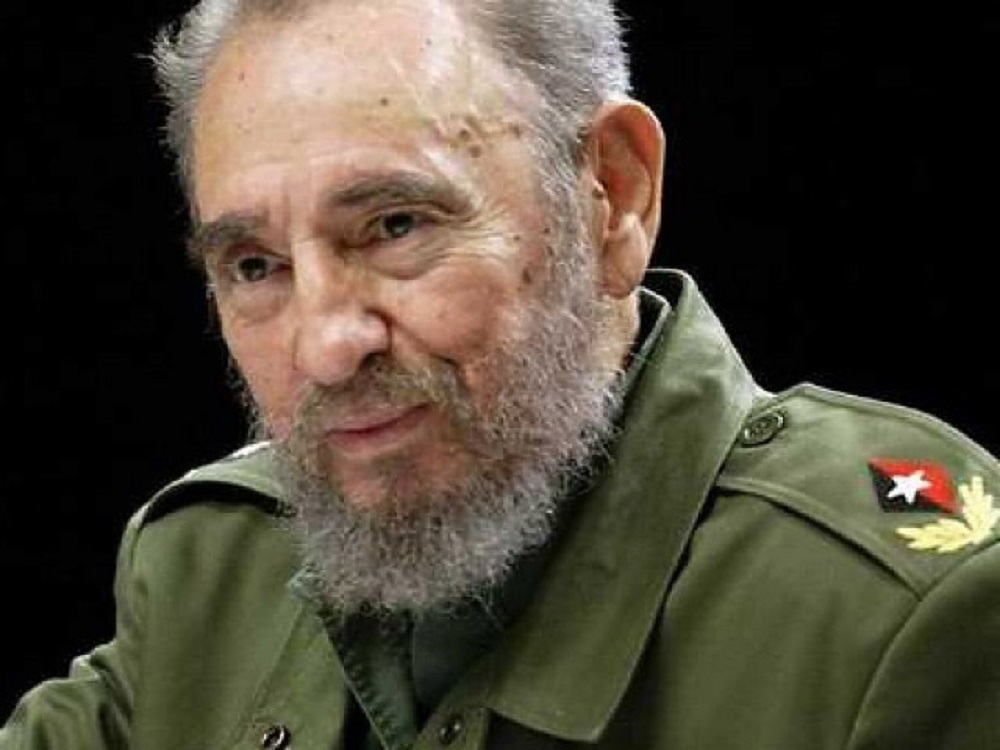
Along with the scholarship programme for Third World students in the Isle of Youth, the Latin American School of Medicine and the ‘Henry Reeve’ International Contingent of Doctors Specialized in Disaster Situations and Serious Epidemics (which today has 42 nominations for the Nobel Peace Prize 2021), Cuba has created and develops the Ernesto ‘Che’ Guevara and Augusto César Sandino brigades of internationalist teachers, who made knowledge available for the peoples of Africa and Latin America.
Through these programmes, Fidel made the dreams of Céspedes, Martí, Gómez and Maceo come true.
Rene Gonzalez Barrios is a historian. He is also a member of the team for the creation of the Fidel Castro Ruz Centre.
Ricardo Calvo Aguila is the counsellor at the Embassy of the Republic of Cuba in Jamaica.

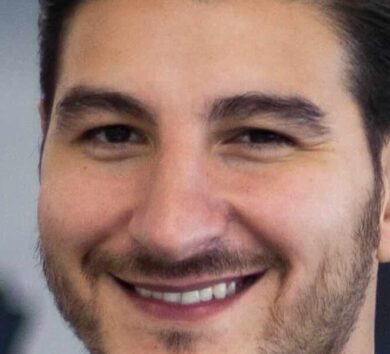
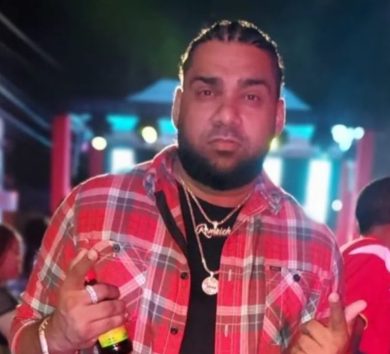
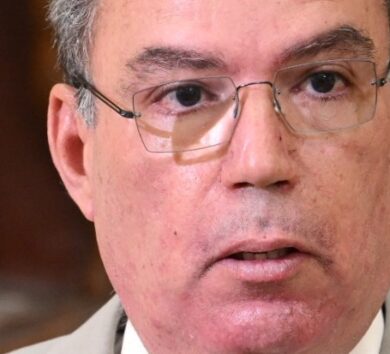
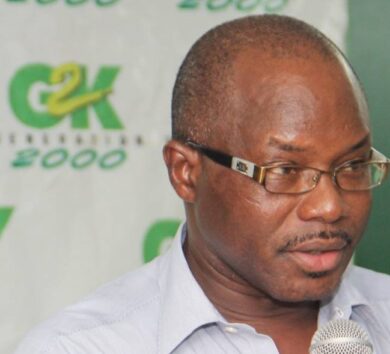
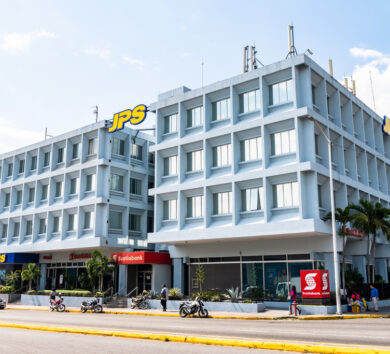
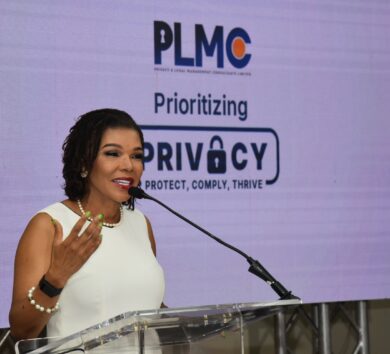
Comments